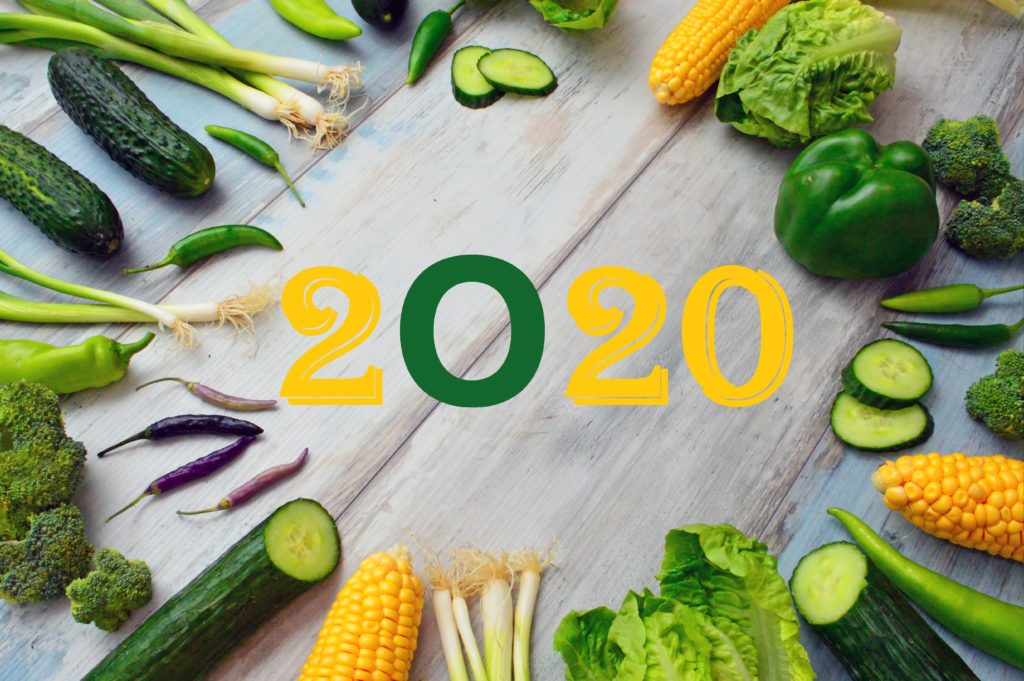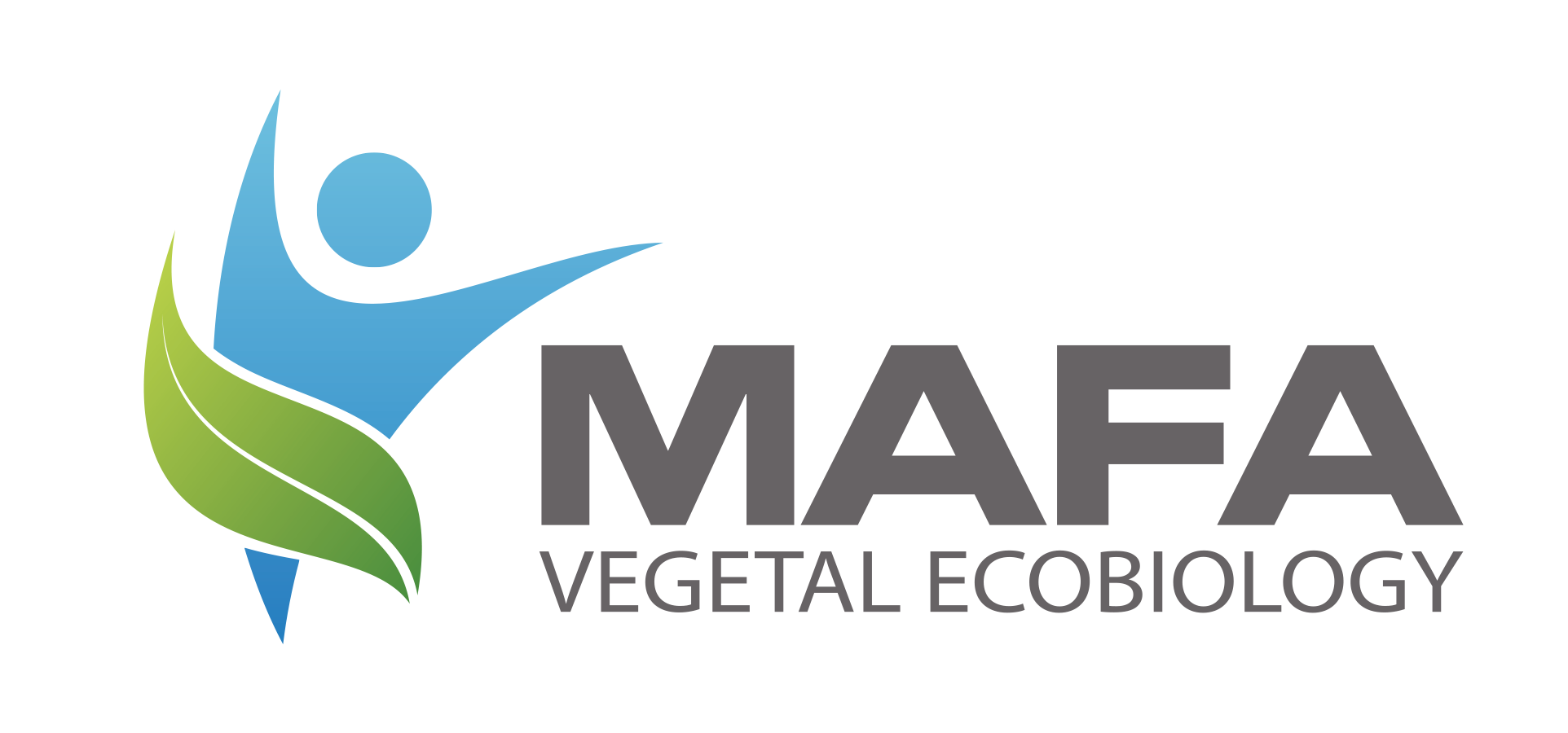While the year has just began, we want to give five good advices for a sustainable agriculture in 2020. The agriculture is crucial for the economy, but it must adapt to the new challenges such as climate change, environmental consciousness and alimentation responsability. Here our advices...
Five good wishes for sustainable agriculture in 2020
The trends in 2020 are heading towards “more sustainable agriculture” and sustainable food production for an increasing population who are worried about what they eat. Sustainable agriculture requires transparency and trust, because the consumer wants to know what they eat and the impact they have. Therefore, zero-residue agriculture is a rising alternative.
In December 2018, the United Nations General Assembly proclaimed 2020 as the International Year of Plant Health (IYPH). In 2020, the sensitivity of the agricultural sector of the entire planet should grow on and as a result, plant health protection will be more important than ever. To protect the environment and to be able to product food, the sector must adapt to society’s demands.
Plants are responsible 80% of the food we eat and they produce 98% of the oxygen we breathe in. However, they face the constant threat of pests and diseases. To prevent and stop them, phytobiotics and biostimulants are essential. Of course always with natural elements and without waste generation.
There is no doubt that the agricultural sector is fundamental in the society as a producer of quality, healthy and sufficient food. In addition, it is the backbone of the territory and the solution to avoid rural depopulation.
In another words, 2020 needs a strong agriculture, in which generational change, becomes a reality thanks to the support of administrations and policies that promote rural development from all areas.
As FAO itself – the UN Food Organization – acknowledges the problem that water poses with climate change is indisputable. Optimum water management should be considered as a priority.
It is also important to reduce the technological gap between countries through the transfer of knowledge. With such cooperation between territories, it is possible to increase agricultural production and productivity at a sustainable level.
If we really want to achieve sustainable agriculture, we also have to respect responsible consumption. At the end, we are all consumers and when we consume, we make a decision in relation if that products are «necessary» or no. Also in which proportion etc.
That is why, until the society becomes aware how important is to consume the products only we really need; we will not achieve the sustainable agriculture. The sustainable agriculture, and also zero waste, is a production adaption to an efficient consumption and not an excessive consumption. Otherwise, it only increases the number of residue and food waste.
<strong>FOR A HEALTHY, EFFICIENT AND NO WASTE 2020</strong>










